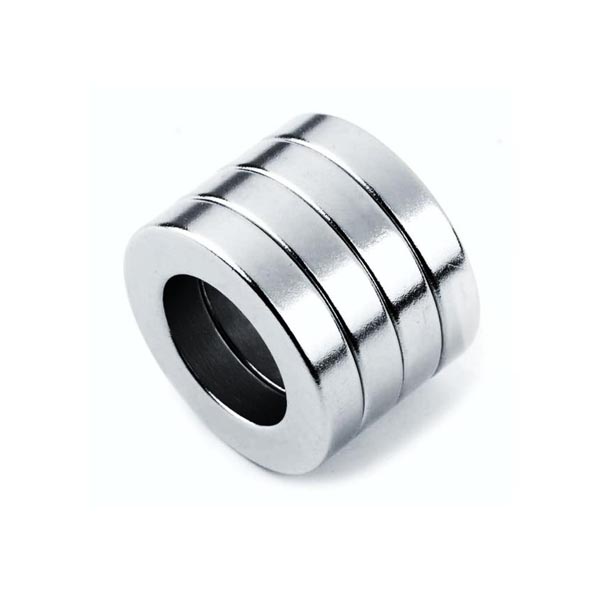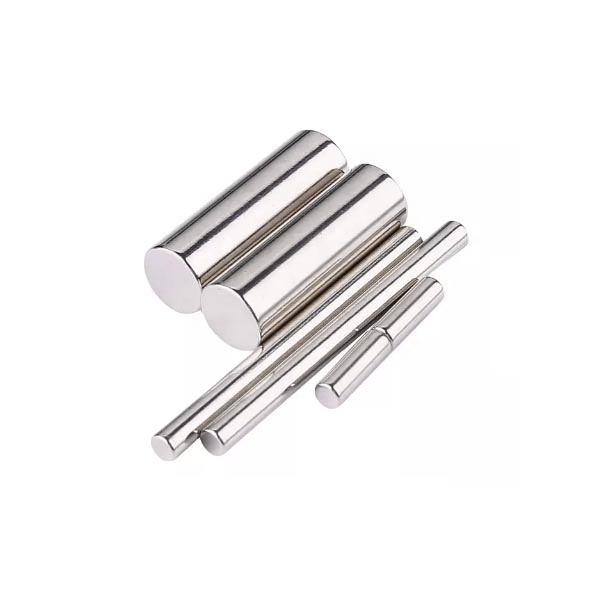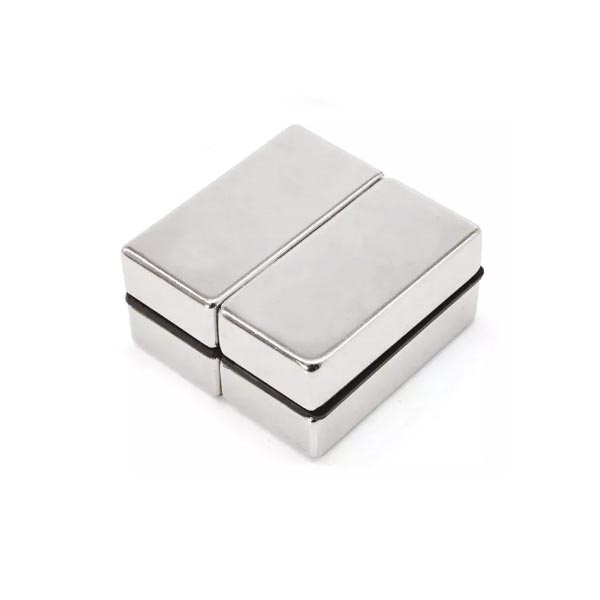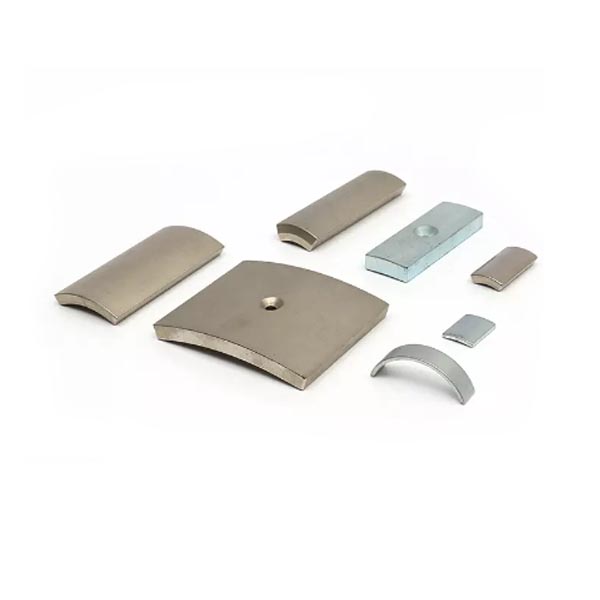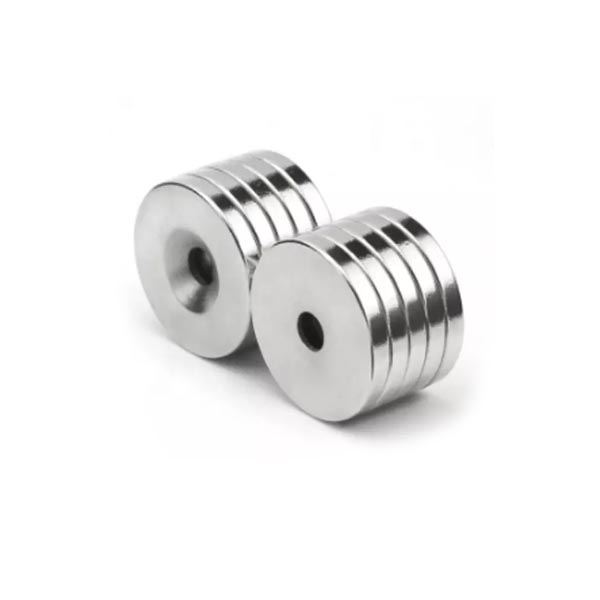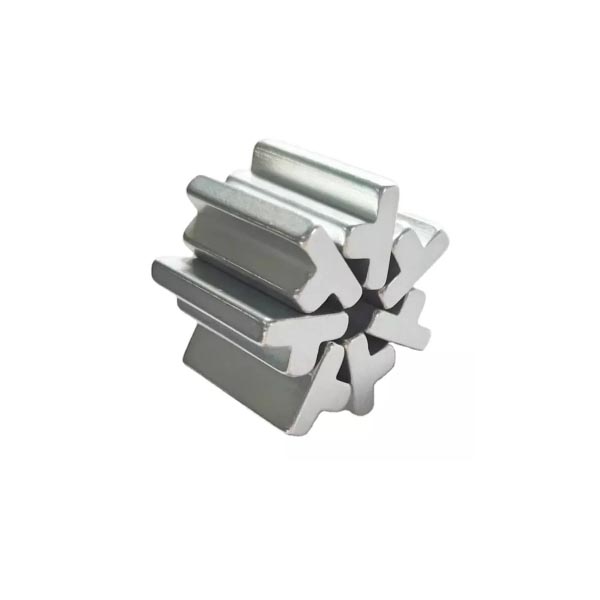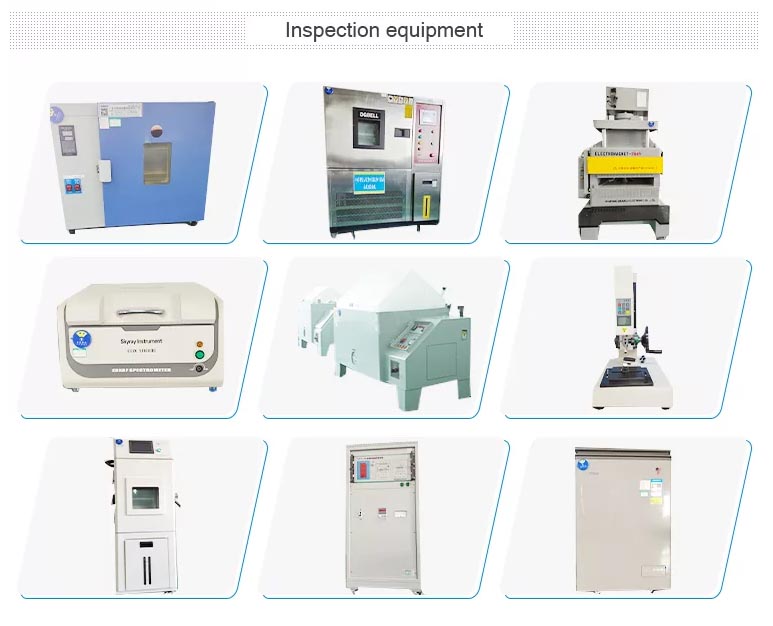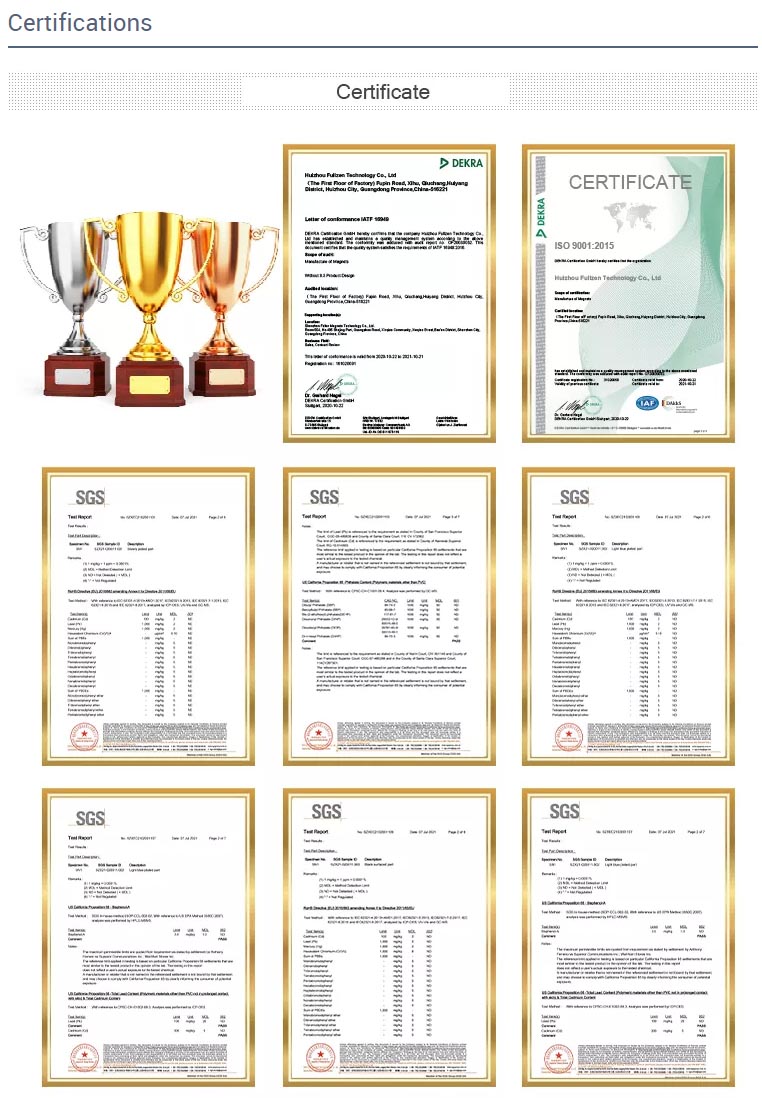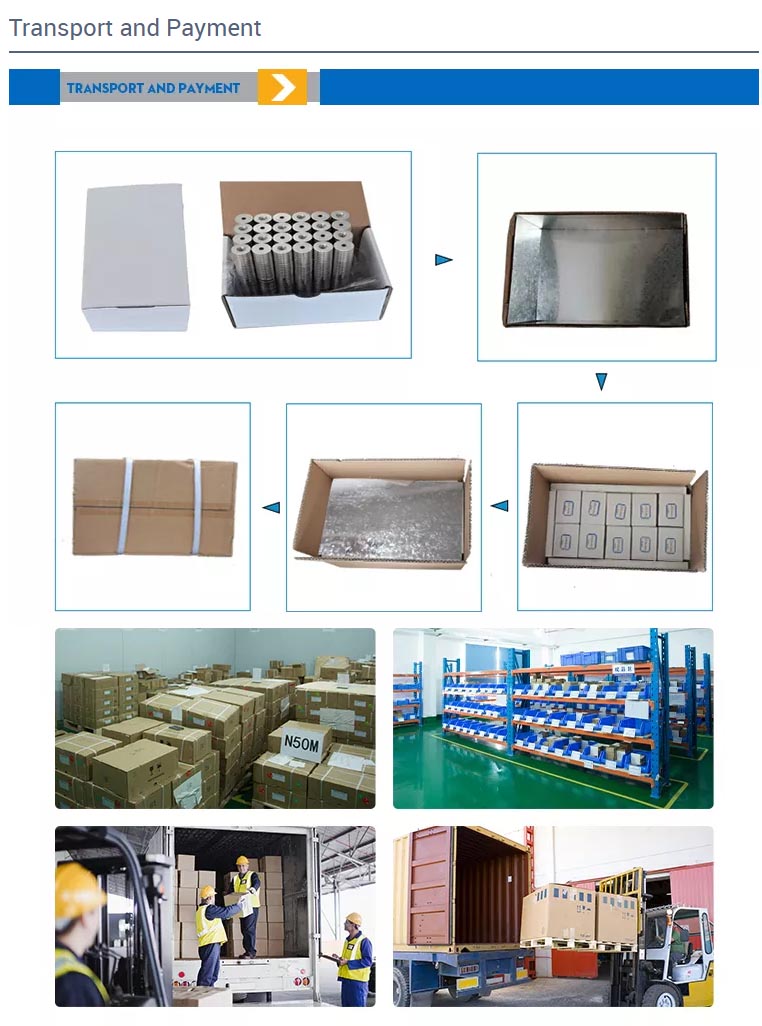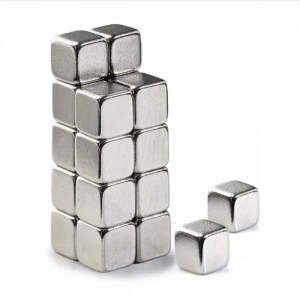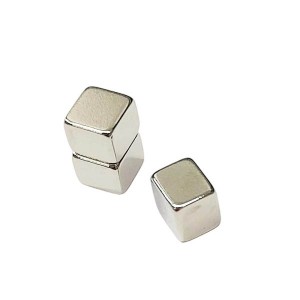
- English
- French
- German
- Portuguese
- Spanish
- Russian
- Japanese
- Korean
- Arabic
- Irish
- Greek
- Turkish
- Italian
- Danish
- Romanian
- Indonesian
- Czech
- Afrikaans
- Swedish
- Polish
- Basque
- Catalan
- Esperanto
- Hindi
- Lao
- Albanian
- Amharic
- Armenian
- Azerbaijani
- Belarusian
- Bengali
- Bosnian
- Bulgarian
- Cebuano
- Chichewa
- Corsican
- Croatian
- Dutch
- Estonian
- Filipino
- Finnish
- Frisian
- Galician
- Georgian
- Gujarati
- Haitian
- Hausa
- Hawaiian
- Hebrew
- Hmong
- Hungarian
- Icelandic
- Igbo
- Javanese
- Kannada
- Kazakh
- Khmer
- Kurdish
- Kyrgyz
- Latin
- Latvian
- Lithuanian
- Luxembou..
- Macedonian
- Malagasy
- Malay
- Malayalam
- Maltese
- Maori
- Marathi
- Mongolian
- Burmese
- Nepali
- Norwegian
- Pashto
- Persian
- Punjabi
- Serbian
- Sesotho
- Sinhala
- Slovak
- Slovenian
- Somali
- Samoan
- Scots Gaelic
- Shona
- Sindhi
- Sundanese
- Swahili
- Tajik
- Tamil
- Telugu
- Thai
- Ukrainian
- Urdu
- Uzbek
- Vietnamese
- Welsh
- Xhosa
- Yiddish
- Yoruba
- Zulu
- Kinyarwanda
- Tatar
- Oriya
- Turkmen
- Uyghur
Cube Neodymium Magnets Large Magnets | Fullzen Technology
Short Description:
Cube magnets are large magnets that are shaped like a cube, with sides measuring 5mm in length. These magnets are available in various materials, including neodymium, ceramic, and AlNiCo. Cube magnets have a range of uses, including engineering designs, science experiments, and magnetic toys or puzzles. The strong magnetic field surrounding the cube magnet makes it ideal for holding objects in place, creating movement in machines, and even for developing electrical generators or motors. Chinese suppliers provide a large number of magnets.
Neodymium n50 cube magnets are made of neodymium, which is a rare earth metal that exhibits strong magnetic properties. Due to their magnetic strength, neodymium cube magnets are perfect for use in engineering designs, such as magnetic closures or fasteners, magnetic levitation systems, and magnetic bearings. They can also be employed in science experiments to study the magnetic properties of materials, to investigate the forces that act on magnets, or to display the principles of electromagnetism.
Product Detail
Company profile
Product Tags
Small neodymium cube magnets
Cube magnets can also be used for creating magnetic toys or puzzles. These magnets can be arranged in various shapes and configurations to create complex patterns or structures. They can be combined with other types of magnets to create magnetic sculptures, mazes, or even floating displays. Additionally, cube magnets are easy to manipulate, and their small size makes them suitable for use in portable magnetic toys that can be taken on the go.
Another application of cube magnets is in the development of electrical generators or motors. Cube magnets can be arranged in a circular pattern, with a stationary magnet surrounded by rotating magnets. When the rotating magnets move, they generate an electric current in the stationary magnet, which can be harnessed to power a motor or to generate electricity. This simple but effective design allows for the creation of small, efficient generators or motors that are ideal for use in portable devices or as backup power sources.
In conclusion, cube magnets may be small in size, but they have a wide range of applications. Their magnetic strength, portability, and ease of manipulation make them ideal for use in engineering designs, science experiments, magnetic toys or puzzles, and even for developing electrical generators or motors. The simplicity, strength, and versatility of the cube magnet make it a valuable tool for anyone interested in magnetism or in developing new ideas for its application.
We sell all grades of neodymium magnets, custom shapes, sizes, and coatings.
Fast Global Shipping: Meet standard air and sea secure packing, More than 10 years of export experience
Customized is Available: Please offer a drawing for your special design
Affordable Price: Choosing the most suitable quality of products means effective cost savings.

Magnetic Product Description:
This neodymium magnetic disc has a diameter of 50mm and a height of 25mm. It has a magnetic flux reading of 4664 Gauss and a pull force of 68.22 kilos.
Uses For Our Strong Rare Earth Disc Magnets:
Strong magnets, like this Rare Earth disc, project a powerful magnetic field that is capable of penetrating solid materials such as timber, glass or plastic. This ability has practical applications for tradespeople and engineers where strong magnets can be used to detect metal or become components in sensitive alarm systems and security locks.
FAQ
No, the two poles of a magnet are not the same strength. A magnet has a north pole and a south pole, and these poles have different magnetic strengths and properties. The strength of each pole is determined by the magnet's overall magnetic field and its internal magnetic alignment.
As of my last knowledge update in September 2021, monopole magnets, which are magnets with just one magnetic pole (either north or south), have not been observed or produced in isolation. In nature, all magnets have both a north pole and a south pole, and breaking a magnet into smaller pieces still results in each piece having both poles.
The concept of a monopole magnet is a theoretical idea that has not been realized experimentally. Some theories in physics, such as those related to grand unified theories and certain cosmological models, suggest the existence of magnetic monopoles, but direct experimental evidence for isolated monopole magnets has not been found.
Researchers have been exploring the properties of materials known as "magnetic monopole analogs," which are materials that exhibit behavior analogous to the behavior of magnetic monopoles. These materials do not actually contain true monopole magnets but have properties that resemble the behavior of isolated monopoles in certain physical systems.
Yes, we can provide custom magnet service.
Your Custom Custom Neodymium Magnets Project
Fullzen Magnetics has more than 10 years of experience in the design and manufacture of custom rare earth magnets. Send us a request for quote or contact us today to discuss your project's specialty requirements, and our experienced team of engineers will help you determine the most cost effective way of providing you with what you need.Send us your specifications detailing your custom magnet application.












